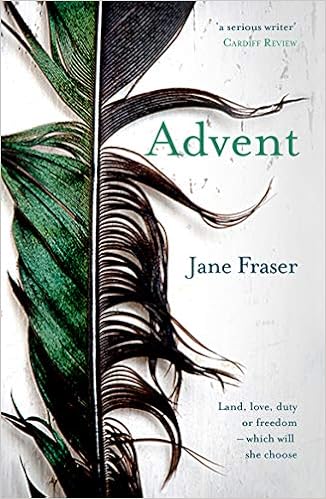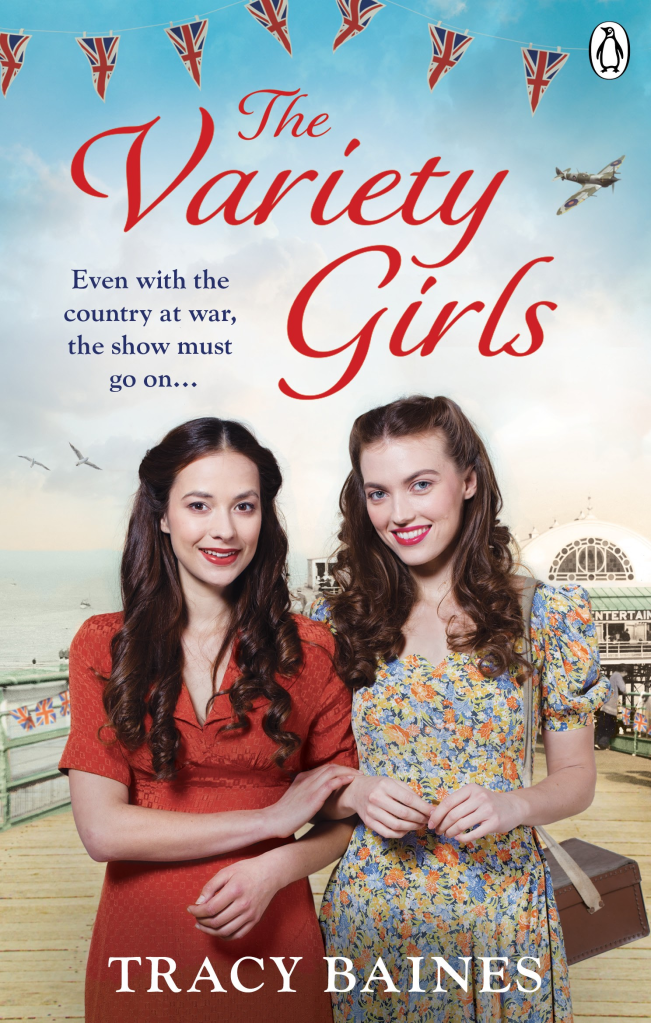I received an Arc of Lyrics for the Loved Ones from the author in return for an honest review, and I gave 4* to the book.
Book Description:
After half a century confined in a psychiatric hospital, Matty has moved to a care home on the Cumbrian coast. Next year, she’ll be a hundred, and she intends to celebrate in style. Yet, before she can make the arrangements, her ‘maid’ goes missing.
Irene, a care assistant, aims to surprise Matty with a birthday visit from the child she gave up for adoption as a young woman. But, when lockdown shuts the care-home doors, all plans are put on hold.
But Matty won’t be beaten. At least not until the Black Lives Matter protests burst her bubble and buried secrets come to light.
Will she survive to a hundred? Will she see her ‘maid’ again? Will she meet her long-lost child?
Rooted in injustice, balanced with humour, this is a bittersweet story of reckoning with hidden histories in cloistered times.
My Review:
As always with Anne Goodwin’s work, Lyrics for the Loved Ones is a good story that is well written. This is the final episode of Matilda Windsor’s story.
I have previously reviewed both the first of Matty’s journey through life: Matilda Windsor Is Coming Home here and the sequel: Stolen Summers : A heart-breaking tale of betrayal, confinement and dreams of escape (Matilda Windsor) here. And, as with both of these books I will reiterate my words from these reviews: “I can only say how much I admire this author’s writing style and her ability to draw the reader into the world of the characters.”
None of us live in a vacuum; what goes on within our communities, and in the wider world, affects us. This is the same for Anne Goodwin’s characters. This story is set against the background of the Covid Pandemic and the protests of Black Lives Matter. So there are themes of frustration, anger, prejudices, technical and political and societal changes running through the whole book.
And, as always with Anne Goodwin’s work, every scene that portrays all of these themes, all of the reactions of the characters, are brilliantly shown. As well as the description of the actual physicality of the settings. So we are in the lounge of the care home, the cemeteries where one character goes to talk with those she knew when they were alive, the homes of the characters, and Matty’s bedroom.
The reader is also in Matty’s head; we comprehend and appreciate the confusion of her thoughts of all that is happening around her. And because the author is so expert in showing Matty’s dementia we completely believe her perspective on everything.
But her point of view (told in third person) isn’t the only one; the book alternates with other characters’ perspectives. And the backgrounds change.
And this was my only reservation about how the plot is organised. For me, how these other characters fitted into the story was initially confusing. Many times I needed to read, go back in the narrative, and re-read some chapters, some sections, to understand where and when they fitted in Matilda’s life. And, I must admit, this did slightly spoil my enjoyment of Lyrics for the Loved Ones. Anne Goodwin has a great skilful talent for maintaining a suspension of disbelief – but with some of these characters, it was sometimes a struggle to be truly involved in the story.
And one character’s dialogue is written in dialect; at first in very strong, constant Cumbrian dialect, but which later on in the story, is less so. (For which I was grateful; I felt it was hard enough not knowing how the character fitted in, without having to struggle with understanding what was said) To be fair though, the author did insert a page at the end of the book which is a glossary of terms on the dialect. Perhaps this might be better placed at the front of the book, especially in regards to the eBook? Just a thought.
None of the above takes away from the poignancy of Matilda Windsor’s story. She is a memorable protagonist. Through her life, her situation (which, unfortunately, was once all too true in British society not too long ago) the reader is taken through a whole range of human emotions: happiness and sadness, anger and acceptance, empathy and indignation.
I have to admit I have laughed and I have cried whilst reading each of these books. And, despite the personal reservations I’ve noted above, I have no reservations in thoroughly recommending all three to readers willing to take the journey with Matilda.
About Anne Goodwin:
Anne Goodwin’s drive to understand what makes people tick led to a career in clinical psychology. That same curiosity now powers her fiction.
Anne writes about the darkness that haunts her and is wary of artificial light. She makes stuff up to tell the truth about adversity, creating characters to care about and stories to make you think. She explores identity, mental health and social justice with compassion, humour and hope.
A prize-winning short-story writer, she has published three novels and a short story collection with small independent press, Inspired Quill. Her debut novel, Sugar and Snails, was shortlisted for the 2016 Polari First Book Prize.
Away from her desk, Anne guides book-loving walkers through the Derbyshire landscape that inspired Charlotte Brontë’s Jane Eyre.
Subscribers to her newsletter can download a free e-book of award-winning short stories.
Website: annegoodwin.weebly.com
















![Writedown: Lockdown in the Galloway Glens at the Time of Covid by [Margaret Elphinstone et al]](https://m.media-amazon.com/images/I/411scyjHw0L.jpg)






![The Boy and the Lake by [Adam Pelzman]](https://m.media-amazon.com/images/I/51LtqyGKnuL.jpg)
![Wildflower Graves: A totally gripping mystery thriller (Detective Ellie Reeves Book 2) by [Rita Herron]](https://m.media-amazon.com/images/I/51UJQ+gddbL.jpg)
![The Inconvenient Need to Belong by [Paula Smedley]](https://m.media-amazon.com/images/I/41+TzI2qxUL.jpg)




![The Usurper King by [Haradon, Zeb]](https://images-eu.ssl-images-amazon.com/images/I/51nfZRINqmL.jpg)
